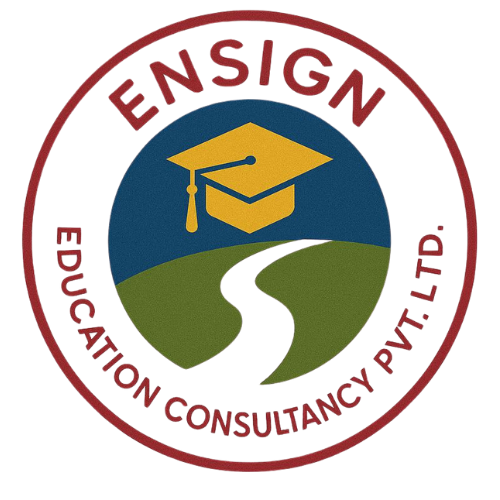Study In The European Union
Why European Union (EU) ?
The European Union offers one of the largest and most diverse study destinations in the world, with more than 4,000 higher education institutions across 27 member states. By choosing to study in the EU, students gain access to world-class education, cultural diversity, and strong career opportunities. Many universities in the EU are ranked among the top in the world, offering cutting-edge research, innovation, and English-taught programs. Additionally, the Erasmus+ program allows students to study in multiple EU countries during their degree, making the EU a hub for global education and mobility.
Highlights
- Access to 4,000+ universities across 27 countries.
- English-taught programs widely available, especially at postgraduate level.
- Mobility opportunities through Erasmus+ and exchange programs.
- Wide range of tuition fee structures — from free or low-cost (Germany, France, Austria, Finland) to higher fees (Netherlands, Ireland).
- Opportunity to travel freely across Schengen countries with a student visa.
- Many countries offer post-study work visas and pathways to long-term residence.
| Type of Expense | Annual Expense (EUR) |
|---|---|
| Tuition Fees (Public Universities) | €0 – €8,000 |
| Tuition Fees (Private Universities) | €8,000 – €25,000 |
| Accommodation | €3,000 – €7,000 |
| Food & Groceries | €2,400 – €4,000 |
| Transportation | €600 – €1,200 |
| Health Insurance | €500 – €1,500 |
| Miscellaneous (Leisure, Study Materials, etc.) | €1,000 – €2,000 |
| Total Estimated Annual Expense | €7,500 – €40,000 |
Career Insights



The EU is home to some of the largest job markets in the world, with high demand for skilled professionals in technology, engineering, business, and healthcare. Many countries offer post-study work visas ranging from 1–2 years, allowing graduates to gain practical experience. With the EU’s freedom of movement, once employed in one EU country, students often have the flexibility to move within the region. The EU Blue Card system also makes it easier for skilled graduates to transition into long-term residency and permanent settlement.
Popular Courses
- Medicine & Healthcare
- Engineering & Technology
- Business & Management
- Arts & Humanities
- Natural Sciences

Join Us On Your Journey
At Ensign, we don’t just process applications—we build futures. Let us guide you on your journey to achieving a world-class education and a brighter tomorrow.
Frequently Asked Questions
Do I need to learn the local language to study in the EU?
Not always. Many universities offer English-taught programs, though learning the local language helps with jobs and integration.
Is one student visa valid across all EU countries?
No. You need a student visa for the specific country where you’ll study. However, a residence permit often allows free travel across Schengen countries.
What are the post-study work opportunities?
Most EU countries grant a 12–24 month post-study work visa. Graduates in high-demand fields (IT, engineering, healthcare) often find jobs quickly.

